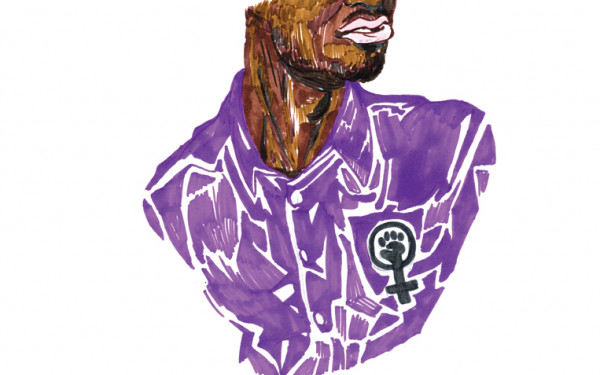Concordia’s Sexual Assault Centre is Almost Here
Resource Centre to Open on Downtown Campus
Concordia’s Sexual Assault Resource Centre will hopefully be up and running when students return this fall.
The university announced their plans to open the centre on Wednesday, finding its home in the downtown GM Building.
“We’ll probably have the space before we have the coordinator,” said Concordia Counselling and Development Director Howard Magonet. “But that’s a good thing.”
His goal is to have the centre operating by the fall semester at the latest. But specifics won’t be ironed out until the centre’s coordinator is hired—a full-time social worker position that Magonet says has received two applications before the one-year contract has even been posted by the university.
The new centre will be funded by Concordia’s Vice-President Services office, and will work under Concordia Counselling and Development.
This comes after two years of campaigning by the Centre for Gender Advocacy, an independent student group mandated to promote gender equality and empowerment. Holding events, postering and rallying around the annual Take Back the Night demonstration, the centre worked to show how essential such a space is for the university.
“We know the statistics behind sexual assault on campuses, that one in four students are sexually assaulted during their post-secondary career,” said CGA Programming and Campaigns Coordinator Bianca Mugyenyi, citing a survey done by the University of Alberta.
“When very few people are reporting it at Concordia, these services are much needed,” she added.
Last spring the CGA started a petition asking the university to provide permanent space for a sexual assault centre. It has since received over 1,000 signatures when tallying online and paper petitions. The Concordia Student Union and Graduate Students’ Association also put their support behind the initiative last year.
In the past few months, the proposal was drafted by the university. The full-time coordinator will work with student volunteers to create education, counselling and referral services, and will have access to the counselors and psychologists already working in Counselling and Development.
The space in the GM Building will have two adjacent offices, one for the coordinator and one for the resource centre.
“It’s a really cool example of student initiative being embraced by the university as an institution,” said incoming CSU President Melissa Kate Wheeler, who was involved in initial talks with the university because of her involvement in the “Love Doesn’t Hurt” campaign, an awareness-raising campaign centered around abusive relationships.
Wheeler was quick to point out, however, that the work done by the CGA is the reason why the centre is happening.
With Concordia’s administration providing all the funding, it’s a different model than the Sexual Assault Centre of the McGill Students’ Society, which runs on a student fee levy and has been housed in the student union-owned building since the 1990s.
Wheeler says Concordia’s approach makes it easier to get experts involved in the centre, combined with the “skills and sensitivity” of student volunteers.
In the university’s proposal for the centre there are plans for an advisory board, which will meet regularly to provide feedback and recommendations for the centre. It’s a body Mugyenyi wants to see with a substantial student contingent.
“Our hope is that there will be as much student involvement as possible, because to build a genuine culture of consent at Concordia you have to have students integrated,” she said.

5_2_700_933_90.jpg)

7_600_375_90_s_c1.jpg)
1_600_375_90_s_c1.jpg)

